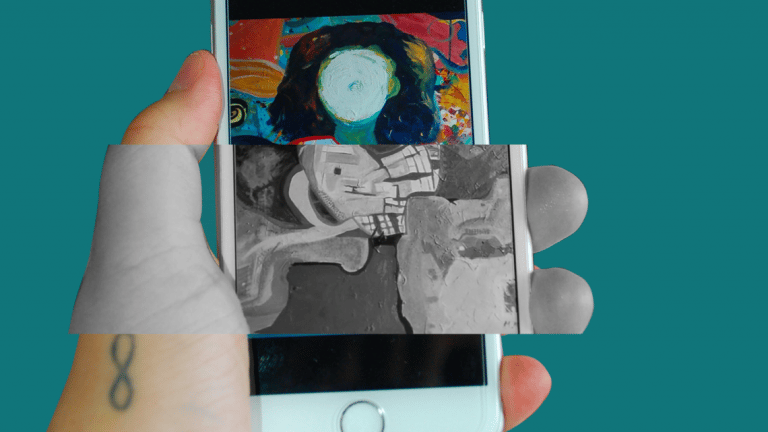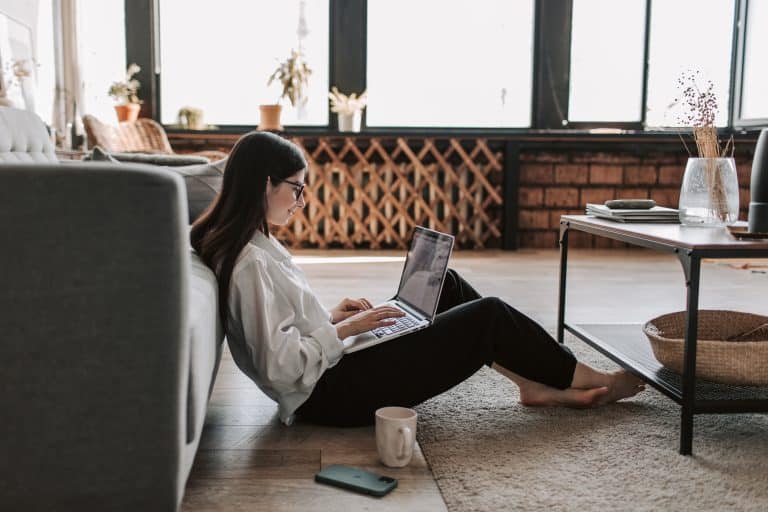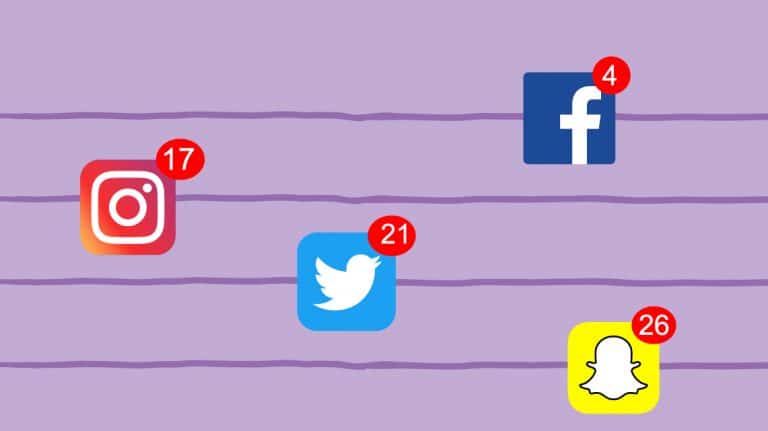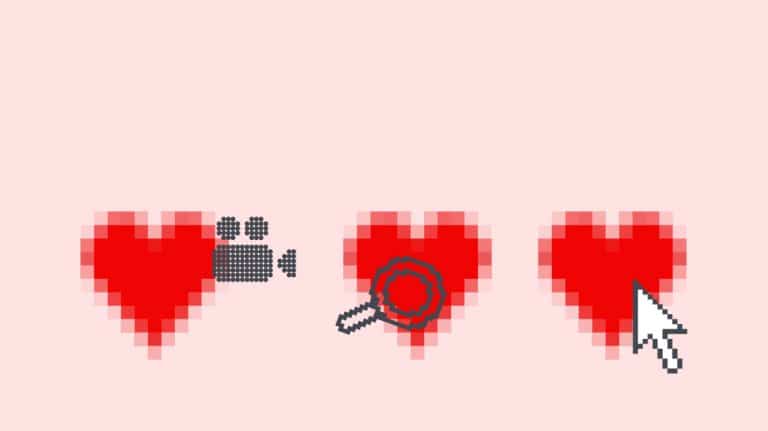Preventing technology abuse after a relationship ends
It can be hard to know what to do with technology after leaving a relationship which had a pattern of abuse. If you are worried that you, a family member or a friend may be potentially abused through technology, this advice may help understand the risks and how to overcome them. If you or someone…
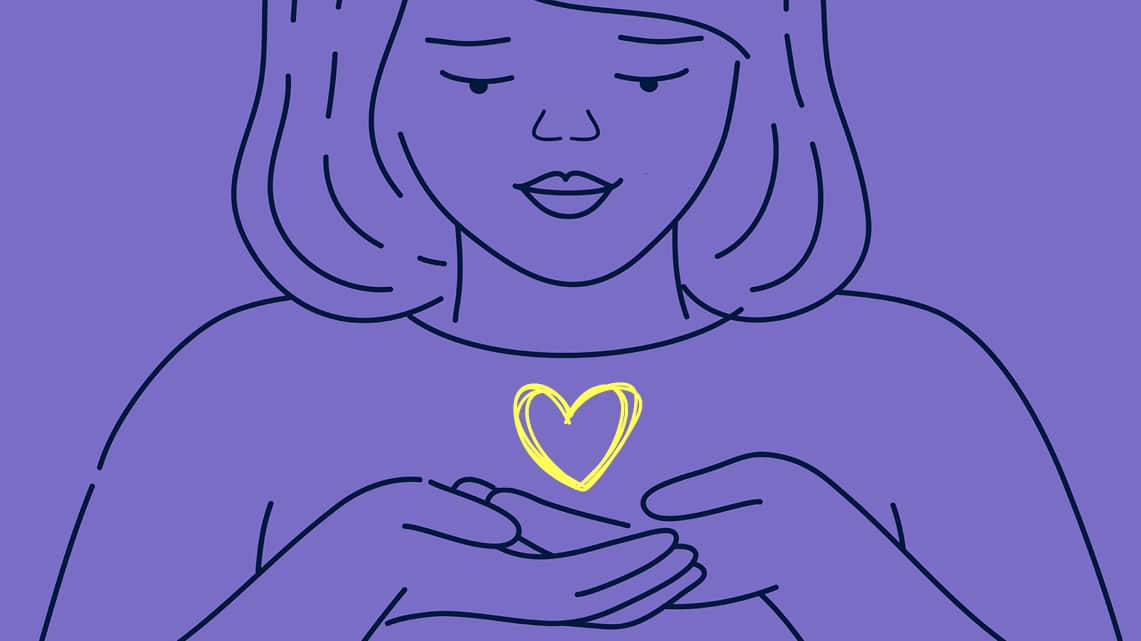
It can be hard to know what to do with technology after leaving a relationship which had a pattern of abuse. If you are worried that you, a family member or a friend may be potentially abused through technology, this advice may help understand the risks and how to overcome them.
If you or someone else is in immediate danger, please contact the Police on 111.
CONNECT SAFELY
Devices: If possible, try to use a mobile device that is different to the one you had in your previous relationship. When setting up a new phone, avoid using a backup version of your phone – as this may bring across any spyware that has been installed on your device. Think about getting a new number and if you do, turn your phone number off so it won’t be displayed when you’re making calls. Make sure you use pincodes on all devices.
Spyware: If your ex-partner has access to your device or knows everything even when you haven’t told them, they could be looking at your device or monitoring it using Spyware.
Accounts: When creating new accounts make sure you use passwords that can’t be guessed by someone who knows you well and that you update all existing passwords including bank accounts.
Image – based abuse: Sometimes people have intimate images taken or shared without their consent. Sharing your intimate content without your consent is an offence under the Harmful Digital Communications Act 2015 – even if you consented to the images being taken at the time. If you would like help to get the content removed, you can talk to Netsafe.
GPS and location based services: GPS settings can lead to your location being found. If you think someone is tracing your phone, the best thing you can do to stop this is to consider turning it off. Many devices and social media platforms allow your device to track where you are. You can turn these settings off so you cannot be tracked but it will mean that some functions such as Google Maps might not work. It’s important to balance your risk and safety though, and sometimes using GPS increases your safety.
Bluetooth: Disconnect bluetooth to ensure your device(s) doesn’t automatically distribute information to other devices.
Cloud: The Cloud is software or services that run on the internet and ensures your information is backed up. Cloud based storage systems (like Google Drive) can be accessed by a username/email and a password. Consider deleting the cloud files and turning off auto-back up.
Apps: Apps such as Facebook ask for ‘permissions’ such as location, camera, microphone, SMS and call history. If you allow these permissions, it is possible someone might use these to track you. It is important to check your app permissions to ensure you are sharing content that you want disclosed and delete apps you no longer use.
Wearable technology: Wearable devices like fitbits use WiFi or Bluetooth to connect with apps and collect a lot of information about your daily life. Check which devices are connected to your wearable device and remove any that you aren’t familiar with. Turn off Bluetooth and Wifi when you aren’t using it.
WiFi: Use a strong password on your home Wi-Fi and consider turning off your Wi-Fi when not at home. If not at home when using your device, consider using mobile data or using a VPN instead of public Wifi.
Social media: Platforms such as Facebook and Instagram are easy ways for people to get your information. Review and update your account information frequently and change your password. Use the privacy controls offered to limit how much information you share and who can see it. Before posting anything have a think about who your connections are connected to. Read the Safety Centre so you can block people and know how to report concerning content or online behaviour.
Search: Do an internet search for your name and contact details. This will identify any of your details that are online that you may want to keep private or have removed from where it is listed.
Logins: Many websites and social media platforms allow you to save your login and automatically connect. It’s important that you check where your account is logged in and delete logins from devices you aren’t using personally.
Your data: Information you share online can be used to build a profile of what you are doing. Think about protecting your privacy and being careful about where and why you share your personal information. Discuss personal safety with your whanau and why they shouldn’t share personal information about you.
Smart homes: Smart home devices like smart plugs or lightbulbs can be hacked. Stay safe by using unique passwords and two-factor authentication for all online accounts connected to a smart home device. Consider covering your camera in your smart device.
WHERE TO GET SUPPORT
- Police – Call 111. If you or someone you know are at risk of imminent danger or a crime is being committed contact 111 immediately for help.
- Shine – 0508 744 633. A free helpline to provide support for people who have experienced abuse by a partner or family member, people who use violence and want to make a change, and people who are worried about a friend or family member.
- Women’s Refuge – 0800 REFUGE or 0800 733 843. A free support service to people who have been victims of domestic or family violence.
- Netsafe – Text ‘Netsafe’ to 4282, call 0508 NETSAFE (0508 638 723), email [email protected] or report online. Netsafe can provide help and support with online challenges including online bullying, harassment and abuse.
- Help (Auckland) – 09 623 1700 or [email protected]. A free 24 hour helpline to support victims of sexual assault.
- Help (Wellington) – 04 801 6655 or contact online. A free 24 hour helpline to support victims of sexual assault.
- Youthline – 0800 376 633, Free TXT 234 or email [email protected]. Youthline provides a free counselling service for young people.
- Lifeline Suicide Crisis Helpline – 0508 TAUTOKO (0508 828 865). A free 24 hour suicide crisis helpline operated by trained counsellors.
- Need to Talk – Free text or call 1737. A free 24 hour call or text help line operated by trained counsellors.
- Rape Prevention Education – Contact online. Provides education and information to prevent sexual violence.
- Family Violence – 0800 456 450 to find out about local services or how to help someone near you.
- Elder Abuse Helpline – call 0800 32 668 65 (0800 EA NOT OK) – a 24-hour service answered by registered nurses who can connect to local elder abuse specialist providers.
- Tu Wahine Trust – 09 838 8700 for kaupapa Māori counselling, therapy and support for survivors of sexual harm (mahi tukino) and violence within whānau.
- Shakti New Zealand – 0800 742 584 for culturally competent support services for women, children and families of Asian, African and Middle Eastern origin who have experienced domestic violence.
- Safe to Talk – sexual harm helpline. Call 0800 044 334, text 4334 or email [email protected].
- Rape Crisis Centres – 0800 88 3300 for contact details of your local centre. Provides support for survivors of sexual abuse, their families, friends and whānau.
- Male Survivors Aotearoa New Zealand – 0800 044 344. Offers one-to-one, peer and support groups for male survivors of sexual abuse and their significant others.
- Hey Bro helpline – 0800 HeyBro (0800 439 276). 24/7 help for men who feel they’re going to harm a loved one or whānau member.
- Korowai Tumanoko – Text or call 022 474 7044 for a kaupapa Māori service for those with concerning or harmful sexual behaviour.
- Stop – support for concerning or harmful sexual behaviour.
- Kidsline – 0800 54 37 54 (0800 kidsline) for young people up to 18 years of age (24-hour service).
- Skylight – 0800 299 100 helping children, young people and their families and whānau through tough times of change, loss, trauma and grief.
- Oranga Tamariki – 0508 325 459 (0508 FAMILY) or email [email protected] for concerns about children and young people.
